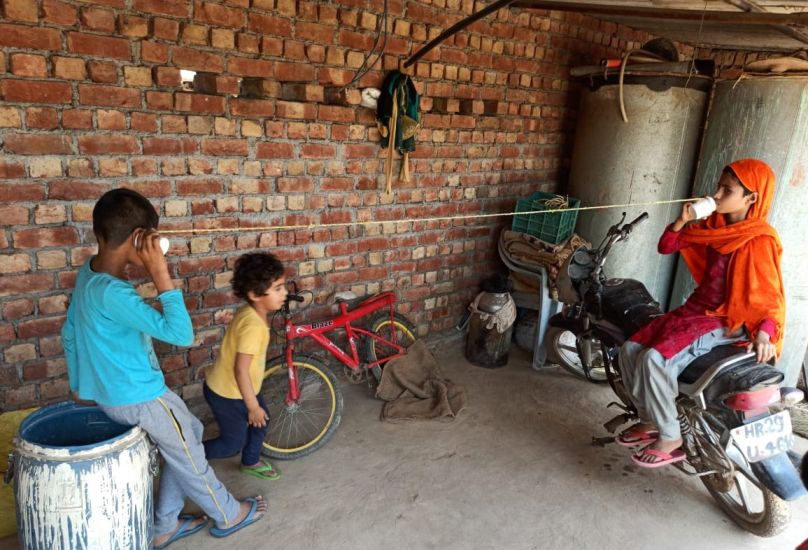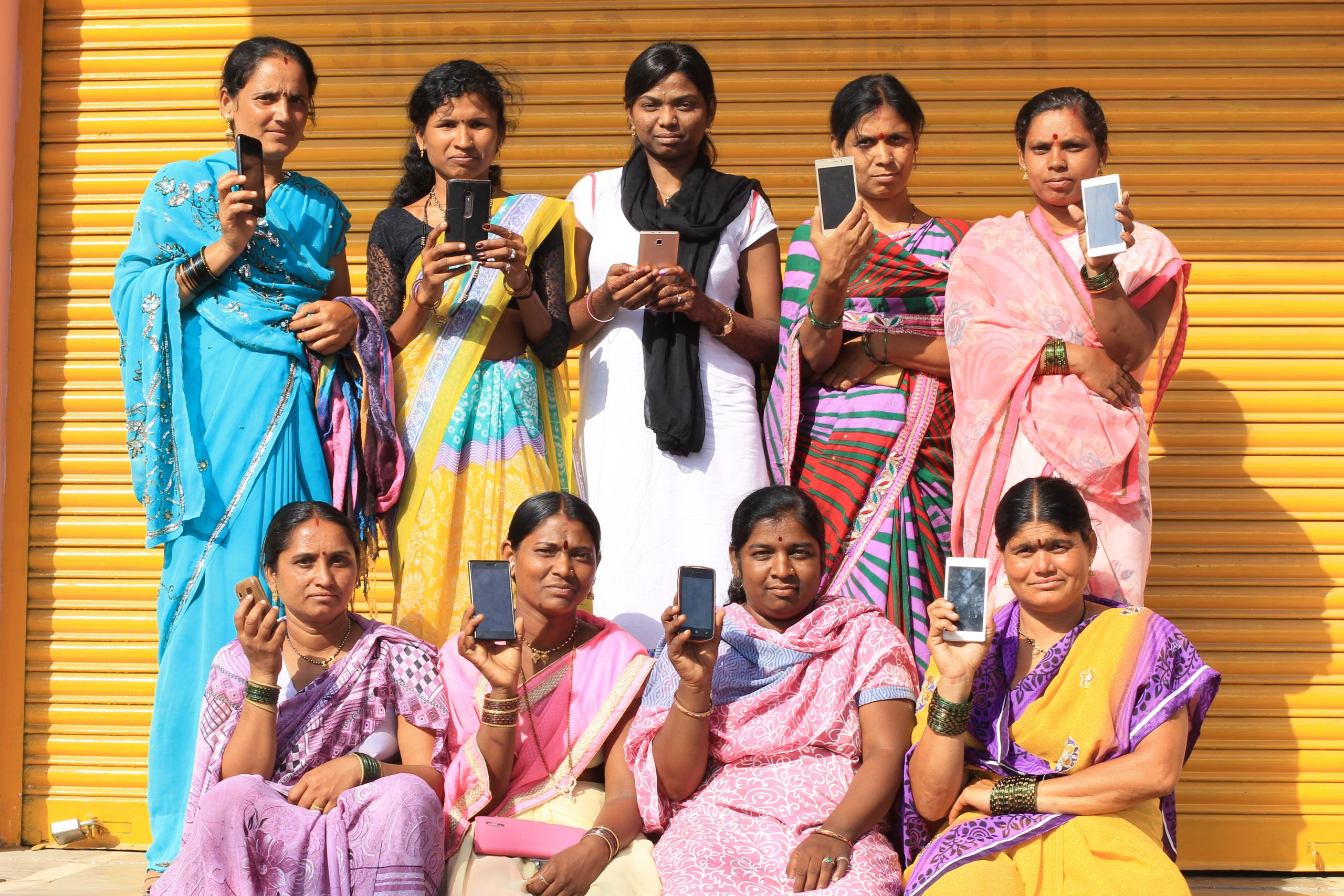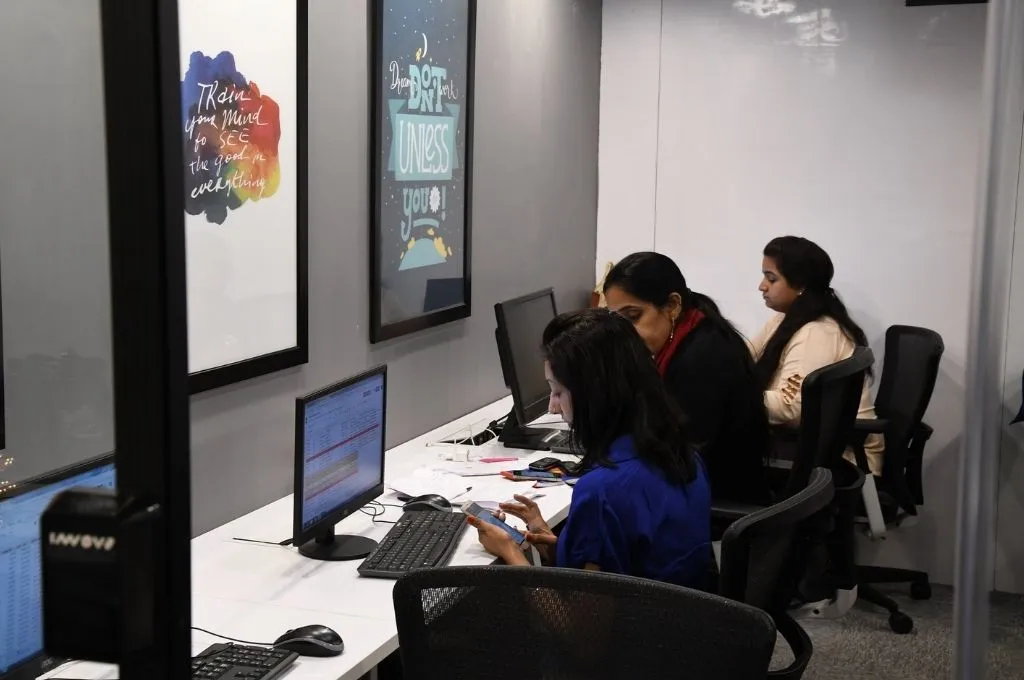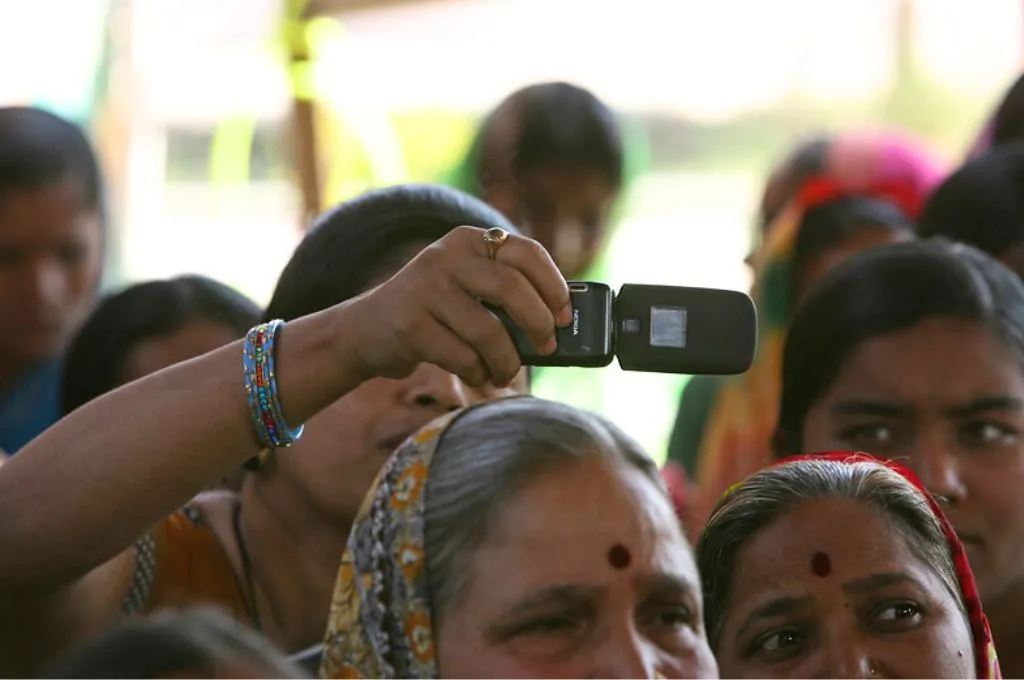Kiran Karnik is a prominent figure in India’s IT sector and is widely recognised for the work he did as president of NASSCOM from 2001—2008. He was also the managing director and CEO of Discovery Networks in India, in addition to spending more than 20 years at the Indian Space Research Organisation (ISRO). He is presently a member of the Scientific Advisory Council to the Prime Minister, an honorary chairman of the National Foundation of India, and the president of India Habitat Centre.
Osama Manzar is the founder and director of Digital Empowerment Foundation. He is a Senior Ashoka Fellow, a Chevening Scholar, and has served on several boards such as the Association for Affordable Internet, Association of Progressive Communications, World Summit Awards, and Down To Earth. He specialises in creating digital models for poverty alleviation and has travelled to more than 10,000 villages.
Edited excerpts from the episode:
Kiran Karnik
“To me, the powerful thing about digital technology in the last year and a half is how it’s enabled all those who have access to devices—whether it’s a street vendor, or a business, or a very big business—to derive benefits from what the technology is able to do and what it’s being able to do there. And to me the positive side of it is fairly widespread, well known, and clear. The problems worry me, but more on that in a moment.”
Osama Manzar
“The real efficiency and efficacy of technology is not the number that it includes, but the number it excludes. I was in Chirala, which is on the eastern coast of Andhra Pradesh, and I was standing at one of the digital centres that we run there. There was a serpentine queue of women and men with 50 rupees, their Aadhaar card, and a feature phone in their hand. I asked them, ‘Why are you queuing up?’ and they responded, ‘We are here to pay 50 rupees to the service centre to update our Aadhaar card.’ Now, imagine there is a role of technology, there is a role of inclusion, that though so many people are under UID, they have their identity that is linked to the benefits, that is linked to banking, that is linked to so many things. Having said that, they are excluded if the Aadhaar doesn’t match. They are excluded if their data is not updated. They are excluded from accessing food, from ration, from pension, and from banking if by any chance the connectivity is poor. And by the way, this entire dependency on technology, they are paying for any discrepancy with it.
So, are we thinking of the exclusion that is taking place? Or are we thinking of the inclusion in a government system that has created a chance to serve so many people at the click of a button? But that click of a button too is excluding millions of people.”
Kiran Karnik
“I say, with some hesitation, because I was one of those enthusiasts who thought that technology and the internet will take care of everything and will make information, you know, democratic. Everybody can access everything, we can all talk to each other, there will be horizontal communication amongst the people—that hasn’t quite happened. We’ve divided ourselves into echo chambers; we hear those who think like us, and the othering of all the others gets so strong that we believe whatever is said. I think these concerns about where inequity is being created and divisions are being created are very serious. There are many such problems that we need to worry about, and need to take care of, not all of which can be taken care of by technology, but need a rejigging of the structures, the systems, the institutions—you might say, the sociology of what we do, not the technology of what we do.”
Osama Manzar
“It is not technology that makes you suffer. It is the system that makes you suffer; it is the intention that makes you suffer; it is the unintentional flaw in the system that makes you suffer.
The internet is very feminine, and it is very inclusive, and terribly democratic. But it is run by the male; that is the reason the design is very patriarchal. To make the internet smooth, inclusive, democratic, unfilthy, non-dirty, it is important that it gets into the subject of policymaking and its utilisation, and the governance in the hands of the woman, if not 100 percent, but at least 50 percent, at all levels. You will automatically see the internet behaving itself.”
—
Read more
- India urgently needs an EdTech policy
- How the social sector thinks about tech is wrong
- Developing our digital commons
- How to think about funding technology in the social sector
- Four things to think about with tech for social good
- Are we ready for EdTech?
- When internet comes home: E-learning in Indian villages during COVID-19
- Open-source tech for nonprofits
- India’s gendered digital divide
- Non-linkage with Aadhaar has impeded access of the poor to welfare entitlements
- An offline alternative for Aadhaar-based biometric authentication
- How COVID-19 deepens the digital education divide in India




